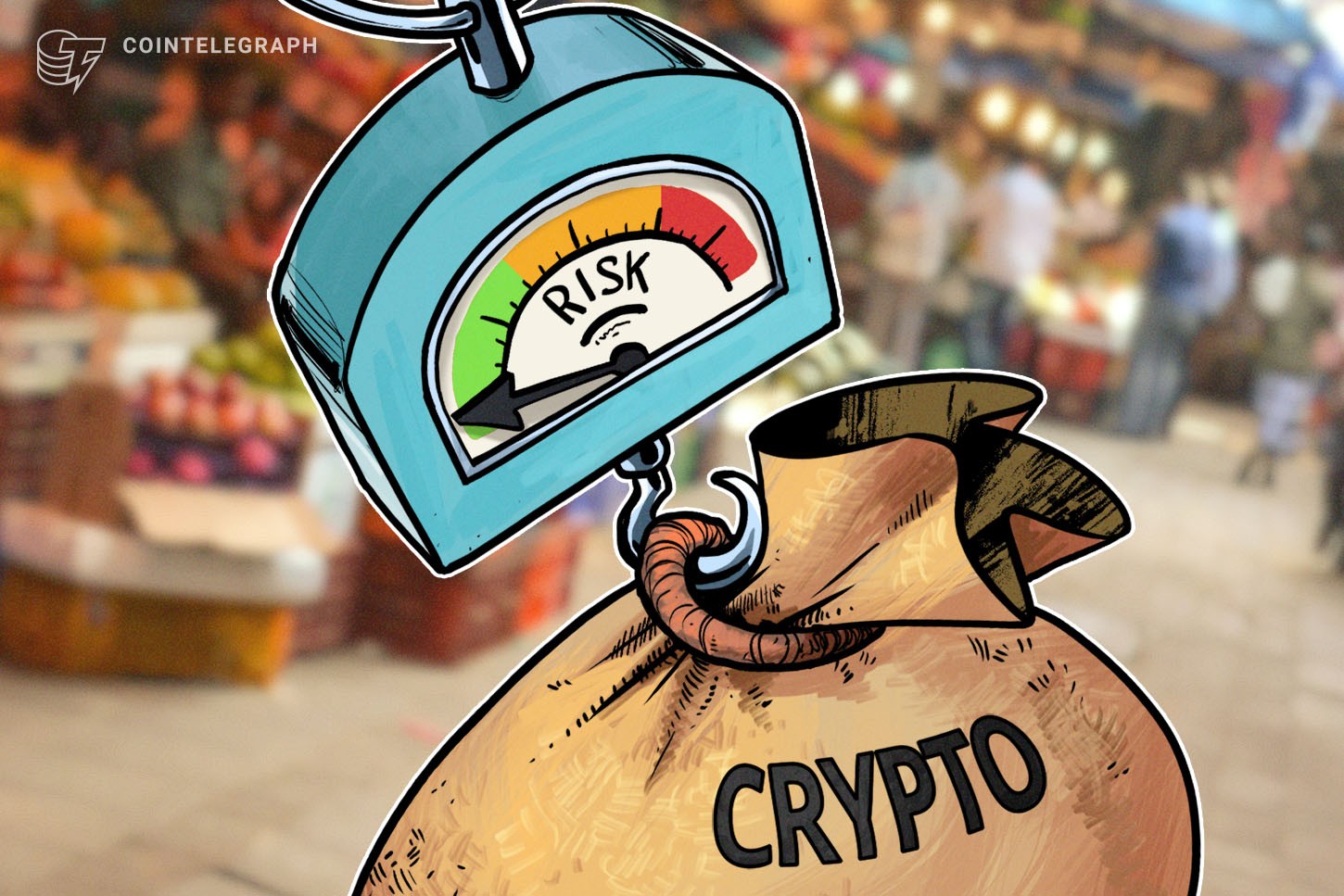The Financial Action Task Force (FATF) has reevaluated the United States on its compliance with global anti-money laundering (AML) and counter-terrorist financing (CFT) regulations. According to the report published on March 31, the U.S. is only “largely compliant” with FATF regulations on cryptocurrencies and virtual assets.
The assessment considered the degree of compliance of the national legislation to recommendations issued by FATF, an international regulatory standard body. Recommendation 15, dealing specifically with cryptocurrencies, is among the most discussed issues in the report.
Since the last assessment in 2016, the FATF rating of the U.S. on this matter has not changed. However, FATF’s own guidelines for cryptocurrencies were amended significantly in October 2019, in what is commonly known as the FATF Travel Rule.
Thus the assessment reflects the change in methodology, which involves a deeper scrutiny than earlier.
U.S. regulation is non-specific, but it mostly works
The agency commended the increased awareness of the risks shown by U.S. regulators, citing the creation of several task forces and reports such as the “2018 National Money Laundering Risk Assessment.”
U.S. regulations are also effective in covering the different types of Virtual Asset Service Providers (VASP) defined by FATF, which would include entities such as exchanges and custodians. However, the report notes that they do not explicitly deal with the specific case of a VASP that is incorporated in the U.S., but has otherwise no business in the country.
Cryptocurrency operators are generally considered as Money Services Businesses (MSB), a categorization that has very high standards of compliance. As such, most MSBs are required to develop effective AML and CTF policies, which FATF believes are generally sufficient.
Furthermore, it notes that some businesses may also have to adhere to regulations imposed by the Securities and Exchange Commission (SEC) and the Commodity Futures Trading Commission (CFTC), which further improves compliance. The report nevertheless criticizes the U.S. for maintaining its $3,000 threshold for occasional unidentified transactions. FATF guidance suggests a limit of no more than $1,000.
The agency was not particularly impressed with the Internal Revenue Service (IRS) and Financial Crimes Enforcement Network (FinCEN), however. While it notes that both conducted examinations of various cryptocurrency exchanges, individual exchangers and others, it criticizes the generic strategy.
According to FATF, the U.S. does not identify higher-risk service providers as they are covered by the MSB regime. Continuing, the report states:
“Therefore, it is not entirely clear whether the current approach is sufficiently risk focused, especially since only 30% of all registered CVC [convertible virtual currency] providers have been inspected since 2014.”
The overall conclusion appears to be that U.S. regulators have failed to single out cryptocurrency service providers when enforcing regulation, but the issues outlined are still considered minor. Enough for the U.S. to deserve what amounts to a “B” in FATF’s grading system.


